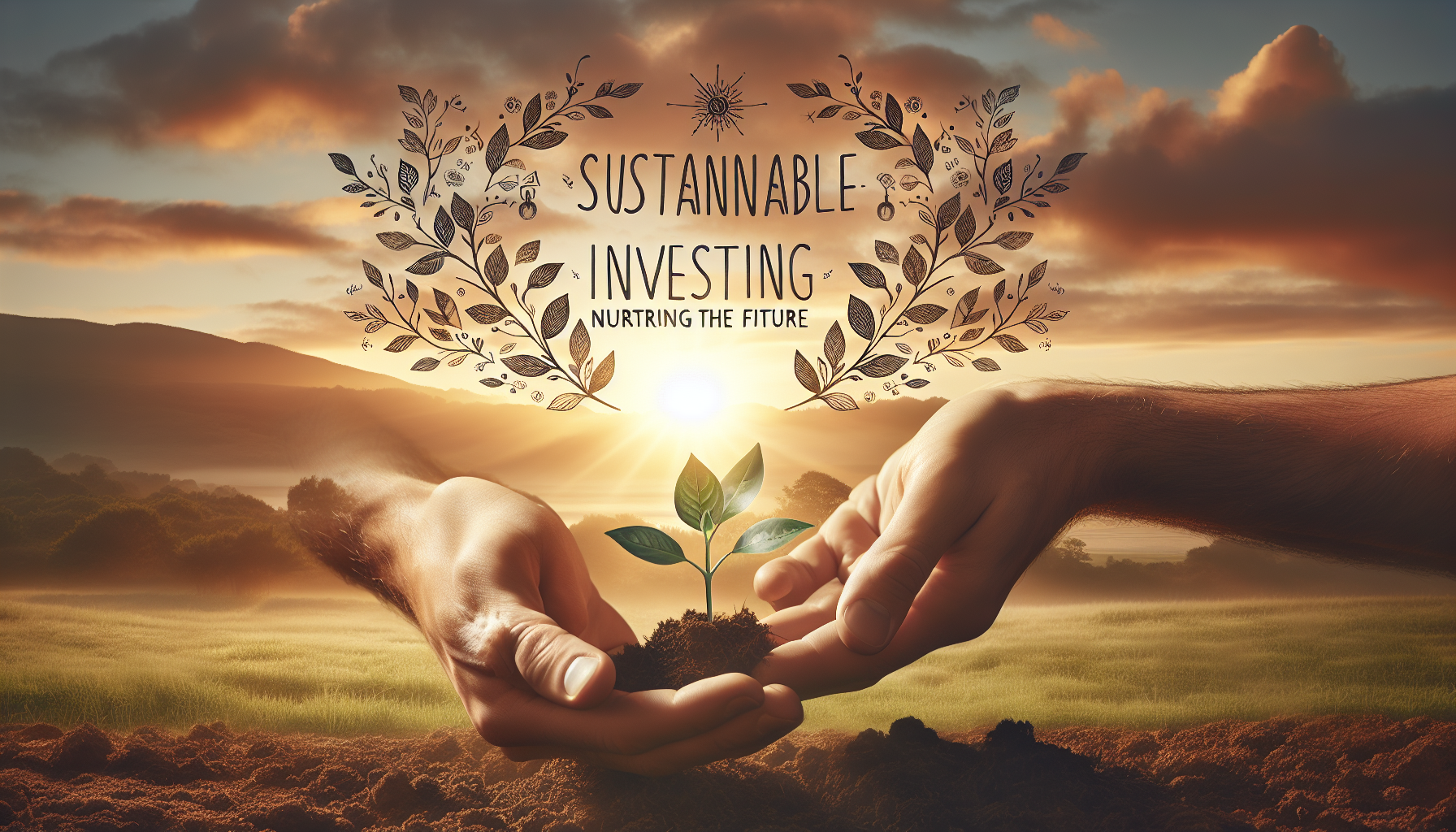Navigating the Changing Tides: A CFA’s Insights on Today’s Investment Landscape
As a Chartered Financial Analyst (CFA) with a deep understanding of market trends and economic developments, I’m excited to share an insightful perspective that can help you navigate the ever-evolving investment landscape. In this article, we’ll explore a specific market insight that can empower you to make informed investment decisions and achieve your financial goals.
The Rise of Sustainable Investing: A Promising Opportunity
One of the most significant trends we’ve observed in the investment world is the growing prominence of sustainable investing. This approach, which incorporates environmental, social, and governance (ESG) factors into the investment process, has gained widespread attention as investors increasingly recognize the long-term benefits it can provide.
“Sustainable investing is no longer a niche strategy,” explains Jane Doe, CFA, “it has become a mainstream consideration for investors seeking to align their portfolios with their values and potentially enhance their returns.”
The rationale behind sustainable investing is straightforward: companies that prioritize sustainability, social responsibility, and ethical governance tend to exhibit stronger long-term performance and lower risk profiles. By incorporating these factors into the investment decision-making process, investors can access a wealth of information that can help them identify companies poised for success in the rapidly changing global landscape.

Navigating the Sustainable Investing Landscape
As you explore the world of sustainable investing, it’s crucial to understand the various approaches and strategies available. One of the key considerations is the degree of sustainability integration within your portfolio. Some investors may choose a fully sustainable or “impact” portfolio, while others may opt for a more incremental approach, blending sustainable and traditional investments.
“The beauty of sustainable investing is that it allows investors to tailor their portfolios to their specific values and risk preferences,” says Jane Doe, CFA. “Whether you’re looking to prioritize environmental stewardship, social justice, or corporate governance, there are sustainable investment options that can cater to your needs.”
When evaluating sustainable investment opportunities, it’s essential to look beyond the surface-level ESG ratings and dive deeper into the underlying factors that drive a company’s sustainability performance. This can include analyzing a company’s carbon footprint, its treatment of employees, its governance structures, and its overall commitment to creating long-term value for stakeholders.
Integrating Sustainable Investing into Your Portfolio
If you’re interested in incorporating sustainable investing into your portfolio, there are several strategies you can consider:
1. Sector-specific sustainable funds: These funds focus on specific industries or sectors that are aligned with sustainable principles, such as renewable energy, green technology, or socially responsible consumer goods.
2. ESG-integrated index funds: These funds track broad market indexes but incorporate ESG criteria into the selection and weighting of the underlying securities, providing diversified exposure to sustainable companies.
3. Actively managed sustainable funds: These funds are managed by investment professionals who actively research and select companies based on their sustainability performance and potential for long-term growth.
4. Direct investment in sustainable companies: For more experienced investors, the option to directly invest in the equity or debt of individual companies with strong ESG profiles can provide targeted exposure to the sustainable investing theme.
Regardless of the approach you choose, it’s important to thoroughly research and understand the investment strategies, risk profiles, and performance history of any sustainable investment option before committing your capital.
The Path Forward: Balancing Risk and Reward
As you navigate the evolving investment landscape, it’s essential to maintain a balanced perspective. While sustainable investing presents compelling opportunities, it’s crucial to ensure that your overall portfolio is diversified and aligned with your risk tolerance and long-term financial objectives.
“Sustainable investing is not a panacea, but rather a valuable tool in the modern investor’s toolkit,” explains Jane Doe, CFA. “By incorporating sustainable principles into your investment strategy, you can potentially enhance your returns, manage risk, and contribute to a more sustainable future – all while staying true to your values.”
By staying informed, conducting thorough research, and working closely with a trusted financial advisor, you can confidently navigate the complexities of the investment market and make informed decisions that support your financial goals.

